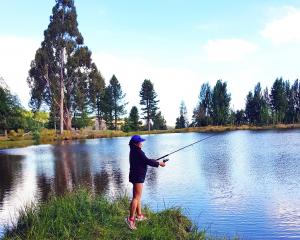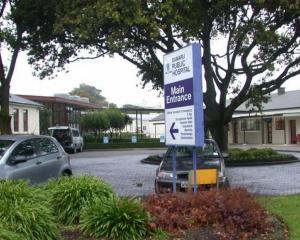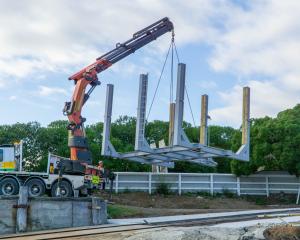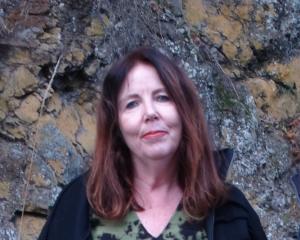
South Island Resource Recovery Limited (SIRRL), the joint venture company proposing to build the plant, lodged its consents applications with Environment Canterbury (ECan) and Waimate District Council (WDC) on Wednesday.
The company requested the consents be publicly notified.
Both councils confirmed yesterday they had received the consents.
ECan consents planning manager Aurora Grant said the consents were being processed by ECan’s administration team and uploaded to the website, hopefully today, so they will be accessible to the public.
"The documents are large and there are numerous consents involved," she said.
"Our consents planners and experts will then assess the applications and audit the assessment of environmental effects in detail. This could take a number of months as there are a significant number of technical reports to audit.
"The applicant has requested public notification, so once we have completed the audits, the proposal will be notified and open for public submission."
The Waimate District Council said the consents had been received and were now going through its consents process before being publicly notified.
SIRRL director Paul Taylor declined to comment yesterday, saying the process was under way and he would have to wait until a hearing, should there be one, to talk.
The company had produced 18 reports around specific issues such as air quality, transport and visual impact, to go with its consents.
Why Waste Waimate founding member Robert Ireland said, when contacted, the group had invited the company’s representatives to a meeting but they had declined.
Mr Ireland said no matter what the company said or the reports it produced, the group was fundamentally opposed to the plant.
"As good as the resource consents can be we can not support something which disincentivises waste reduction. Rather than dealing with the source they are going to burn and burn again — that is not the way to reduce waste."
Mr Ireland also questioned whether a plant of such size could be built for $350million. He thought the cost would be far greater.
He asked where were the workers going to come from for the plant.
The plant will have the capability to operate in two modes — 30MW of electricity or 20MW of electricity, and 40TPH of steam. Both modes will be able to supply energy to local residential and commercial users.
— Staff reporter











